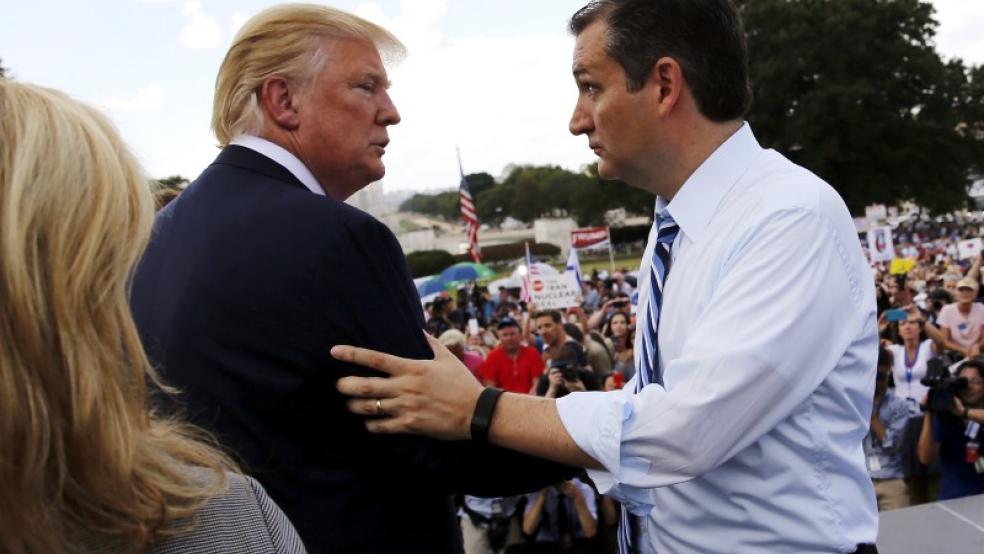We will probably know within the next 24 to 48 hours whether the U.S. and Iran can strike a deal to prevent Iran from developing a nuclear weapon over the coming decade in return for lifting economic sanctions against Tehran.
After critics hammered the U.S. and five other countries for deferring to Iranian negotiators, Secretary of State John F. Kerry told reporters in Vienna, “If there’s absolute intransigence, if there’s an unwillingness to move on the things that are important, President Obama has always said we’ll be prepared to walk away.”
Related: Growing Alarm Over Obama’s Iran Deal
With so much at stake from a geopolitical and economic standpoint, the betting is that negotiators will finalize their April 2 tentative agreement by Tuesday or Wednesday and then roll the dice that the U.S. Congress and Iran’s supreme leader, Ayatollah Ali Khamenei will green light the document.
On Friday night, Mohammad Javad Zarif, Iran’s foreign minister and Kerry’s negotiating counterpart, declared in a You Tube video that “We have never been closer to a lasting outcome,” while urging the U.S. and its negotiating partners to show even more flexibility going into the home stretch. He hinted that a final agreement might lead to other cooperative efforts such as combatting ISIS terrorists in the Middle East.
However, U.S. lawmakers and national security experts don’t believe the Iranians can be trusted; they think Iran is likely to continue supporting terrorist groups throughout the Middle East.
Related: Iran’s Arrogance Complicates Prospects for a Nuclear Deal
Over the weekend, Senate Foreign Relations Committee Chair Bob Corker (R-TN), appearing on CBS’s “Face the Nation,” said he urged Kerry in a telephone interview not to allow Iran to cross any more “red lines” set down by the U.S. earlier in the negotiations – including the right of international inspectors to gain access to Iranian nuclear facilities “anywhere, any time.”
Meanwhile, Sen. Tom Cotton, a freshman Republican from Arkansas who has become perhaps the most vocal opponent of the nuclear negotiations, said that the threat of military action against Iran should “remain an option” to ensure a strong deal for the U.S.
"It's never the preferred choice, but military force does have to remain an option if our diplomacy is going to be credible," Cotton told ABC's George Stephanopoulos on This Week.
Related: Senate OKs Oversight of Iran Nuke Deal, Leaving Cotton in the Dust
Cotton’s pessimistic view mirrors that of Israeli Prime Minister Benjamin Netanyahu, who on Monday in Jerusalem denounced the emerging agreement as “not a breakthrough but more like a breakdown.”
“The conclusion is simple,” said Netanyahu, who addressed a joint session of Congress last March on the dangers of negotiating a nuclear deal with Iran. “It’s been said before by many leaders, and I’ll say it again now. Better no deal than this very bad deal.”
Top Reads from The Fiscal Times:





